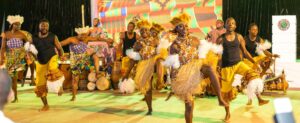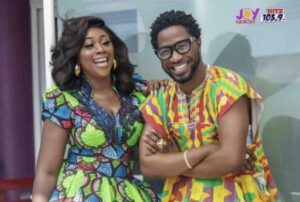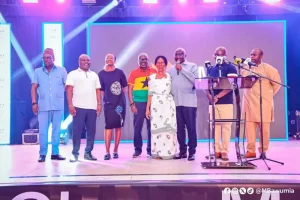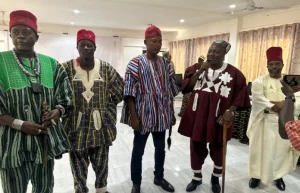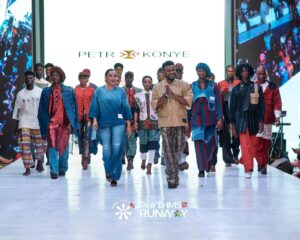Ghana’s Ethnic Diversity: A Tapestry of Culture and History
Ghana is a country rich in cultural heritage, with various ethnic groups that have coexisted for centuries. These groups have played crucial roles in shaping the nation’s history, politics, and economy. Understanding Ghana’s ethnic composition provides insight into the country's unity in diversity and its historical evolution.Historically, ethnic groups settled in different regions, forming powerful kingdoms such as the Asante Empire, the Dagbon Kingdom, and the Ga states. The trans-Saharan and Atlantic Slave Trades influenced migration patterns, while colonial rule further shaped ethnic boundaries and governance. Despite these historical shifts, post-independence Ghana has maintained national unity while celebrating its cultural diversity.Major Ethnic Groups in GhanaAkan (45.68%) – The largest ethnic group, including the Asante, Fante, Akuapem, and Akyem, primarily found in southern and central Ghana. They are known for their rich traditions, festivals, and political influence.Mole-Dagbani (18.5%) – Found mainly […]

